Early dental care for children is of utmost importance as it sets the foundation for their oral health throughout their lives.
It is crucial for establishing good oral hygiene habits, preventing dental issues, maintaining healthy primary teeth, reducing dental anxiety, monitoring growth and development, and promoting overall health and well-being.
By prioritizing early dental care, you as a parent can lay the foundation for your children’s lifelong oral health and set them on the path to a healthy and beautiful smile.
Here are some key reasons why early dental care is crucial and the long-term impact it can have:
1. Establishing Good Oral Hygiene Habits: Introducing dental care at a young age helps children develop good oral hygiene habits. Teaching them to brush their teeth properly, emphasizing the importance of regular brushing and flossing, and instilling the habit of visiting the dentist regularly can significantly contribute to maintaining oral health as they grow older.
2. Prevention of Dental Issues: Early dental care allows for the detection and prevention of dental problems. Regular dental check-ups help identify any potential issues such as tooth decay, gum disease, or malocclusions (improper bite alignment). By addressing these problems early on, treatment can be initiated promptly, preventing further complications and potential long-term damage.
3. Healthy Primary Teeth (Baby Teeth): Primary teeth, also known as baby teeth, play a crucial role in a child’s overall oral health. They aid in proper speech development, facilitate proper chewing and digestion, and hold space for permanent teeth to erupt correctly. Neglecting primary teeth can lead to dental decay and early tooth loss, which can impact a child’s ability to speak and chew properly, let’s not forget, the child’s self esteem.
4. Prevention of Dental Anxiety: Early dental care helps children become familiar with dental visits and establishes a positive association with oral healthcare. Regular visits from an early age reduce dental anxiety and fear, making future dental experiences more comfortable and less stressful for the child.
5. Monitoring Growth and Development: Dentists monitor the growth and development of a child’s teeth and jaws as they age. Early detection of any issues, such as misaligned teeth or improper jaw growth, allows for timely intervention, such as orthodontic treatment, if necessary. This proactive approach can minimize the need for extensive orthodontic treatment in the future.
6. Overall Health and Well-being: Oral health is closely linked to overall health and well-being. Poor oral health in children can contribute to various systemic health issues, such as infections, malnutrition, speech problems, and impaired social interactions.
In conclusion, early dental care helps maintain oral health, reducing the risk of these potential complications and promoting overall well-being.
To book an appointment with a Dental Doctor, Click Here

